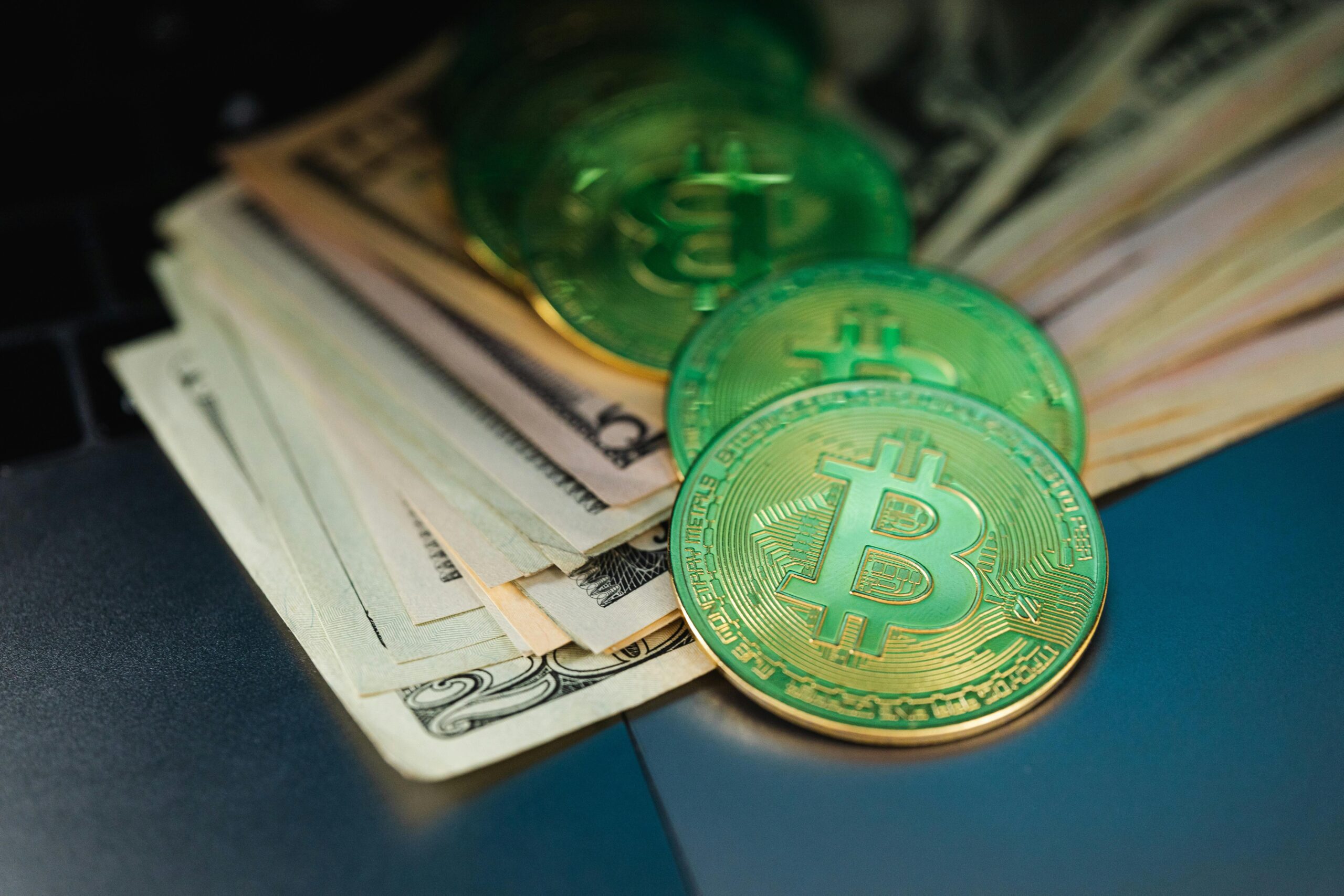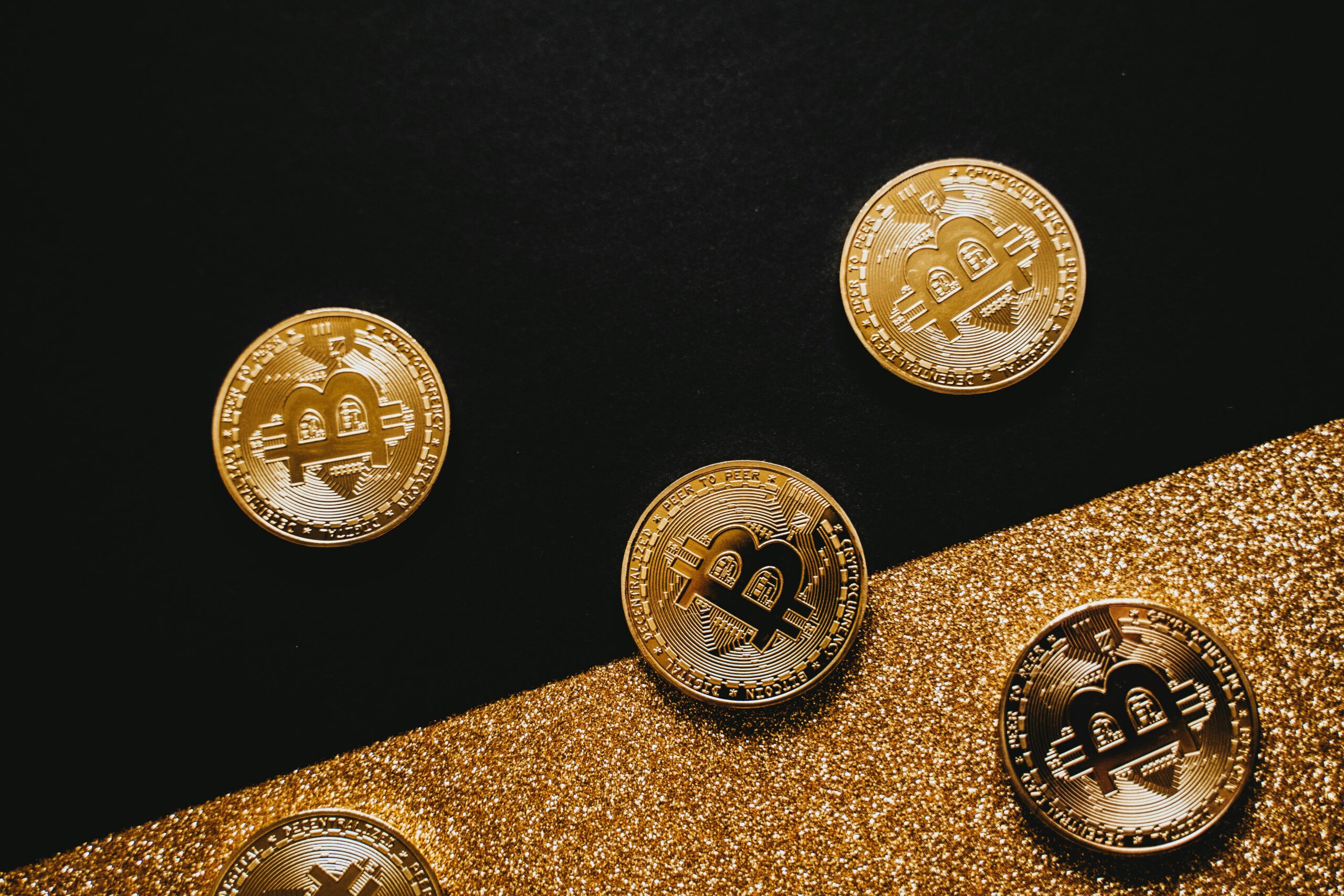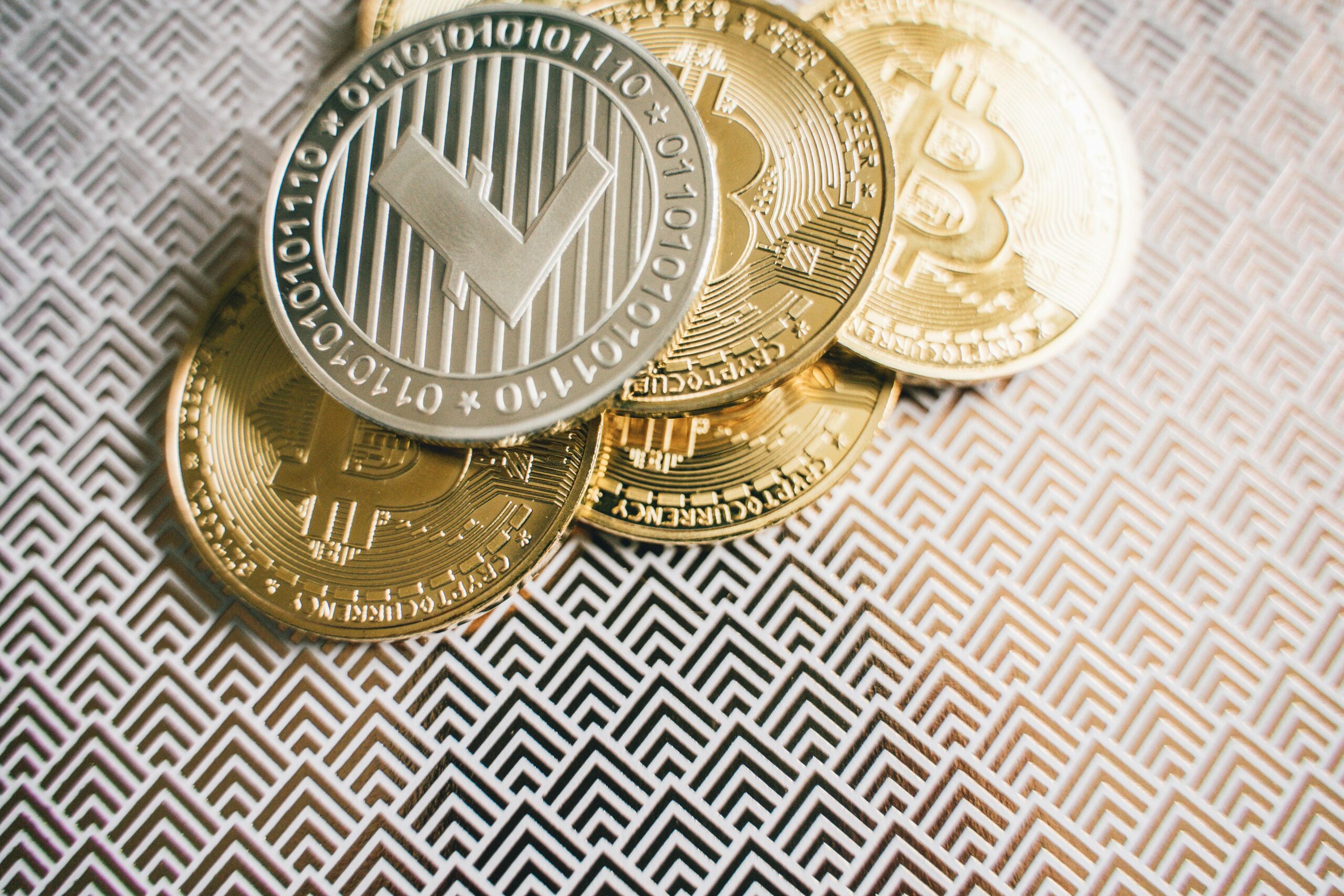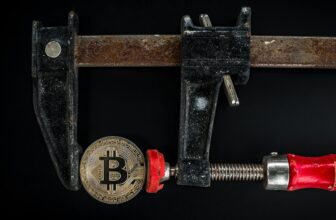
Imagine you’ve decided to jump on the crypto bandwagon, excited about the possibilities of digital currency. But where do you store your hard-earned Bitcoin or Ethereum? That’s where crypto wallets come in – your secure haven in the wild west of cryptocurrency.
Think of a crypto wallet like a digital bank account, but for your crypto holdings. It stores the secret keys that grant access to your cryptocurrency, allowing you to receive, send, and spend it.
But with so many options floating around, choosing the right crypto wallet can feel overwhelming. Don’t worry, this guide will walk you through everything you need to know, from understanding why you need a wallet to creating your own secure digital vault.
What is a Crypto Wallet
Crypto wallets aren’t like your leather billfold stuffed with cash and credit cards. They don’t physically store your cryptocurrency – remember, crypto is digital! Instead, a crypto wallet securely holds the private keys that act like passwords to your digital assets
So, what does a crypto wallet hold then? It stores the special keys that act like passwords to your crypto holdings on the blockchain. Imagine it as a secure box holding the keys to your safe deposit box at the bank.
There are two main types of keys involved:
- Public Key: This is like your bank account number – anyone can see it. You use it to receive cryptocurrency.
- Private Key: This is like your super-secret PIN – keep it hidden! It allows you to spend the crypto in your wallet.
Types of Crypto Wallets:
Now that you understand the importance of a crypto wallet, let’s explore the different types available. They can be broadly categorized into two camps: hot wallets and cold wallets. Each offers distinct advantages and disadvantages, so picking the right one depends on your needs.
Hot Wallets: Convenience with a Side of Caution
Imagine a sleek app on your phone – that’s essentially what a hot wallet is. These software wallets are readily accessible from your computer, phone, or even a web browser. They offer several benefits:
- Easy to Use: Setting up a hot wallet is a breeze, perfect for beginners. They’re often free or have minimal fees.
- Fast Transactions: Sending and receiving crypto is quick and convenient, ideal for frequent traders.
However, there’s a catch:
- Always Online: Since they’re connected to the internet, hot wallets are inherently more susceptible to hacking attempts. Think of it like keeping your valuables in a well-lit storefront window – tempting for potential thieves.
Cold Wallets: The Fort Knox of Crypto
For those prioritizing security above all else, cold wallets are the ultimate guardians of your crypto. These offline storage solutions come in two main flavors:
- Hardware Wallets: Imagine a small, USB-like device that stores your private keys securely. You connect it to your computer only when needed for transactions, keeping your keys offline and away from prying eyes.
- Paper Wallets: These are essentially pieces of paper with printed QR codes representing your private and public keys. They’re extremely secure (if stored safely) but can be inconvenient for frequent transactions and carry the risk of loss or damage.
While cold wallets offer unparalleled security:
- Less Convenient: Using a cold wallet can involve extra steps compared to hot wallets. Transactions might take longer to process.
- Potential Loss: Losing your hardware wallet or the paper containing your private key means losing access to your crypto.
Which Wallet is Right for You?
The ideal choice depends on your priorities. If you’re a casual crypto dabbler, a hot wallet might suffice. But for serious investors or those holding large amounts of crypto, a cold wallet provides peace of mind. Consider using a combination of both – a hot wallet for everyday transactions and a cold wallet for long-term holdings.
Building Your Digital Vault: A Step-by-Step Guide to Creating a Crypto Wallet
You’ve chosen your crypto fortress (hot or cold wallet!), let’s walk through the general steps of creating your own:
1. Pick Your Provider:
The crypto world offers a vast selection of wallet providers, both for hot and cold storage. Here’s a quick tip: When choosing a hot wallet provider, prioritize established companies with a strong reputation for security. For hardware wallets, well-known brands like Ledger or Trezor are popular options.
2. Download and Install:
For hot wallets, you’ll typically download an app from the provider’s website or app store. Hardware wallets usually involve installing software on your computer to interact with the device.
3. Setting Up Your Wallet:
The setup process can vary slightly depending on the provider. Generally, it will involve creating an account and following the on-screen prompts. Here’s what to expect:
- Creating a Strong Password: This is crucial for protecting your account access.
- Enabling Two-Factor Authentication (2FA): This adds an extra layer of security by requiring a code from your phone or email for logins.
- Generating Your Recovery Phrase (Hot Wallets): This is a set of words used to recover your wallet in case you lose your device. Write it down and store it securely offline (not on your phone!).
- Setting Up Your PIN (Hardware Wallets): This PIN protects access to your hardware wallet itself.
4. Funding Your Wallet:
Once your wallet is set up, you can start adding crypto to it. There are two main ways:
- Buying Crypto Directly: Some wallets allow you to purchase crypto with your debit card or bank transfer.
- Transferring Crypto from Another Source: You can transfer crypto from an exchange or another wallet using your public key (like sending money to a bank account number).
A Comparison Table of Hot Wallet vs. Cold Wallet:
| Feature | Hot Wallet | Cold Wallet |
|---|---|---|
| Convenience | Easy to use, readily accessible | More complex setup, requires extra steps for transactions |
| Security | More susceptible to hacking (always online) | Highly secure (offline storage) |
| Transaction Speed | Fast and convenient | Slower transaction processing times |
| Cost | Often free or minimal fees | Hardware wallets have a one-time purchase cost |
| Accessibility | Accessible from various devices (phone, computer, etc.) | Requires physical access to the device or paper wallet |
| Loss Risk | Losing your device or forgetting your password could mean losing access | Losing your hardware wallet or paper damages access |
| Best For | Frequent traders, small holdings | Long-term investors, large holdings |
You can consider using a combination of both wallets – a hot wallet for everyday transactions and a cold wallet for long-term crypto holdings.
For hot wallets, prioritize established providers with strong security practices.
For cold wallets, keep your recovery phrase or paper wallet stored securely offline.
Conclusion:
The world of cryptocurrency can be thrilling, but it also requires responsible storage for your digital assets. That’s where your crypto wallet comes in – your personal vault to safely hold and manage your crypto holdings. Whether you choose a hot wallet for convenience or a cold wallet for ultimate security, creating your own wallet empowers you to participate in the exciting world of crypto. Remember, prioritize security by using strong passwords, enabling 2FA, and storing recovery phrases safely. With a secure crypto wallet in hand, you’re ready to unlock the potential of digital currency!
References:
- National Institute of Standards and Technology (NIST) – Digital Identity Guidelines: https://pages.nist.gov/800-63-3/
- Coinbase – What is a Crypto Wallet?: https://help.coinbase.com/en/wallet/getting-started/what-is-coinbase-wallet
- Binance Academy – Crypto Wallets Explained: https://academy.binance.com/en/articles/crypto-wallet-types-explained
- Ledger – Hardware Wallets vs. Software Wallets: https://shop.ledger.com/pages/hardware-wallets-comparison
- Trezor – Choosing the Right Crypto Wallet: https://trezor.io/compare
FAQs
Q. Why is a crypto wallet needed?
Unlike a physical wallet that holds cash, a crypto wallet doesn’t store your cryptocurrency itself. Crypto lives on a public ledger called a blockchain. Your crypto wallet holds the special keys that act like passwords to access your crypto holdings on the blockchain.
A public key (like your bank account number) allows you to receive crypto.
A private key (like your super-secret PIN) is essential for spending your crypto.
Q. What are crypto wallets explained for beginners?
Think of your crypto wallet as a secure digital vault. It doesn’t hold the actual crypto, but rather the keys that unlock your crypto on the blockchain. This allows you to receive, send, and manage your cryptocurrency with ease.
Q. Which crypto wallet is safest?
For ultimate security, hardware wallets (a type of cold wallet) are considered the champions. Here’s why:
Offline Sanctuary: Unlike hot wallets connected to the internet, hardware wallets store your private keys offline on a physical device. This significantly reduces the risk of hacking attempts, as your keys are never exposed online.
Security Features: Hardware wallets typically have built-in security features like PIN protection and multi-factor authentication (adding an extra layer of verification for transactions). These features make unauthorized access even more difficult.
Physical Control: You have complete physical control over your hardware wallet, unlike online accounts that can be compromised. However, losing your hardware wallet can be a challenge (depending on the brand’s recovery options).
Q. Is a Hardware Wallet Right for You?
If you’re a serious investor holding large amounts of crypto or prioritize top-notch security, a hardware wallet is the way to go. However, for casual users with smaller holdings, a hot wallet might suffice. Remember, you can always use a combination – a hot wallet for everyday transactions and a cold wallet for long-term crypto storage.
Q. What is the best crypto wallet and why?
There’s no single “best” crypto wallet. The ideal choice depends on your needs:
For beginners or frequent traders: A hot wallet might be ideal due to its ease of use and accessibility.
For long-term investors or those holding large amounts of crypto: A cold wallet offers superior security.







